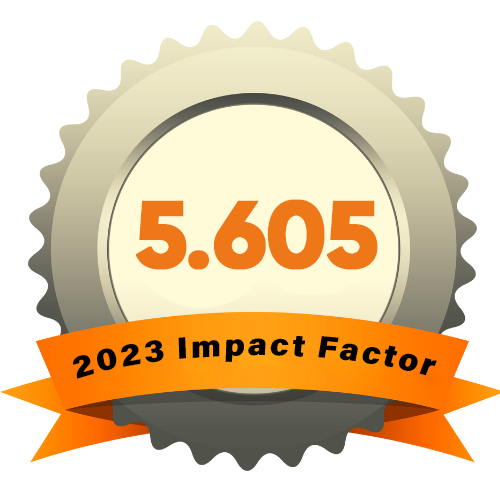FOREIGN LANGUAGE COMPETENCE OF FUTURE ECONOMISTS
Keywords:
competence, communicative competence, professional, foreign language, competitive specialist.Abstract
The development of foreign language professional and communicative competence is the necessary component of the professional training of economic universities’ students and the urgent condition for the formation of professional who is capable to communicate with specialists from other countries in the multicultural space in conditions of international mobility.
Creating conditions for the competitive advantage in the world is the main condition for the economic and social stability in Uzbekistan. Expected changes are possible only if the increase in labor productivity, which depends on the presence of highly qualified specialists in the domestic labor market today. Consequently, any transformations in the economy are impossible without educational reforms and modernization of training competitive professionals.
The ability to compete at the labour market in the globalized environment is increasingly connected with various competencies of the specialist, so the competency- based approach of forming a competitive professional is extended to the language training of graduates. The Council of Europe has identified the list of five key competences to teach young Europeans in terms of expanding and integrating labour markets, increasing migration, unemployment and, as a consequence, increasing social inequality.
For the development of foreign language competence, students must be practiced involved in all foreign language skills, but for students who are going to work in the international companies, it is important to have the monologue and dialogue skills too. For students of economics, for example, the important aspect is an ability to give the presentation, to run the meeting and to participate in the negotiation. Important prerequisite is to have listening skills, namely to hear the content of oral utterances in the foreign language on professional subject.
Thus, to master language is not only to understand and know, it is to have an ability to mobilize acquired language skills to solve certain communicative problems in different contexts, situations, areas of educational, scientific and professional activity. In addition, not every knowledge is logically transformed into the skill, but the latter is usually formed through knowledge.
References
Abdurakhmanov K. Kh. // Labour Economics. Theory and practice. / textbook. - London, United Kingdom: Scientific publishing House IVG, 2020
Abdurakhmanov K., Zakirova N. Human potential development. Textbook. - Norderstedt: Books on Demand, 2014. – 423 p.
Alpeeva E.A., Sushchenko A.A. Formation of personnel for the innovative digital economy // Global scientific potential. – 2019. – № 4(97). – pp. 154-158.
Grachev S.A., Donichev O.A., Malkova T.B. Human capital as a resource of innovative development of the region // Economic analysis: theory and practice. – 2016. – № 5(452). – pp. 64-77.
Abdurakhmanov K.Kh., Kudbiev Sh.K., Magrupov A.Yu. Effects and risks of using digital technologies in the economy // European scientific research: innovations in science, education and technology: scientific and practical International Conference. London, United Kingdom, 2020. – pp. 29-35.
Солодовникова Ю.Ю. Формирование иноязычной коммуникативной компетенции как условие совершенствования профессиональной подготовки специалиста социальной работы : автореф. дис. на соискание степени канд. пед. наук : спец. 13.00.08 «Теория и методика профессионального образования» / Ю.Ю. Солодовникова. Курск, 2009. 28 с.
Astuti, S. P. (2013). Teacher’s and student’s perception of motivational teaching strategies. TEFLIN Journal, 24 (2), 14-31. Retrieved from http://www.journal.teflin.org
Ramirez, A.C.V. (2010). Students’ perception about the development of their oral skills in an English as foreign language teacher training program. Retrieved from http://www.researcharchive.edu.tw.














